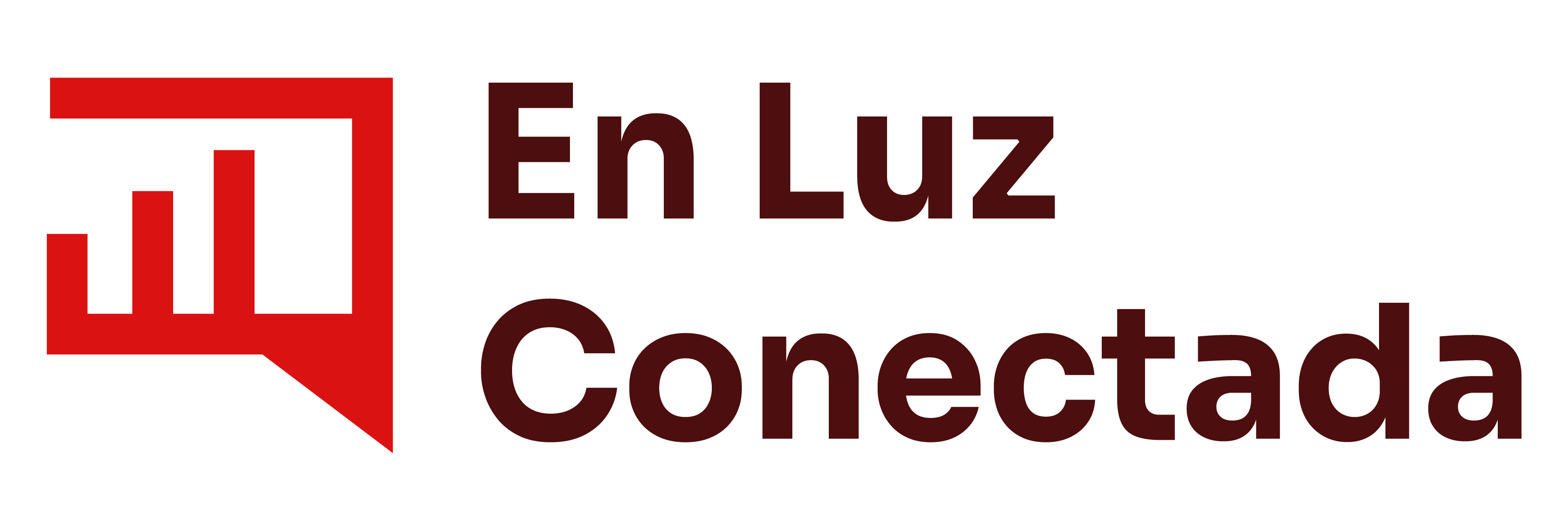Did you know a small mistake could ruin your mortgage chances? It’s important to understand the mortgage approval process in Canada if you want to own a home. Knowing the approval criteria is the first step towards your dream home.
This article will give you tips to boost your mortgage approval odds. We’ll talk about credit scores, financial documents, and being financially stable. You’ll learn how to handle the approval process with ease.
Understanding Mortgage Approval Criteria
Applicants need to know the approval criteria set by lenders when seeking mortgage approval. Important factors include income verification, employment stability, existing debts, and credit history. Each factor is crucial in determining if you can get a mortgage.
In Canada, the Canada Mortgage and Housing Corporation (CMHC) outlines specific requirements. Lenders check your debt-to-income ratio to make sure you can handle your debts. A good credit history shows you’re reliable and can get better mortgage terms.
Knowing these criteria helps applicants show lenders they’re strong candidates. By focusing on these areas early, you can improve your chances of getting a mortgage.
Preparing Financial Documentation
Getting a mortgage needs careful preparation of financial documents. To increase approval chances, you must collect key documents like pay stubs, tax returns, and bank statements. These show lenders your financial health and where your money comes from.
Having proof of extra income is also key. Make sure all your documents are in order and easy to find. This helps avoid delays in getting your mortgage approved.
Lenders might ask for proof of where your down payment came from. This shows how important it is to have all your financial documents ready. Each lender has its own rules, so checking theirs can make things easier.
Building a Strong Credit Profile
A strong credit profile is key to getting mortgage approval. Lenders look at your credit score and history to see if you’re financially reliable. To improve your credit, pay bills on time. Late payments can hurt your score.
Also, try to lower your credit card balances. High balances can make lenders think you’re not ready for a mortgage.
It’s important to check your credit reports for mistakes. Agencies like Equifax and TransUnion can make errors. Fixing these mistakes can help your credit score.
Building a good credit history can really help. It makes you more likely to get a mortgage. This is a big step towards owning a home.
Saving for a Down Payment
Getting a mortgage often depends on the down payment size. A bigger down payment can lead to better mortgage terms. This includes lower monthly payments and interest rates. It also means you might not need mortgage default insurance, known as CMHC insurance, for conventional loans in Canada.
It’s key to have good saving strategies if you want to own a home. Setting a clear savings goal is a good start. Make a budget that focuses on saving, cut down on unnecessary spending, and set up automatic savings transfers.
Canada has programs to help first-time buyers save for a down payment. The First-Time Home Buyer Incentive offers shared equity mortgages. The Home Buyers’ Plan lets you take money from your RRSPs for a down payment. Knowing about these programs can help you save more and get better mortgage terms.
Choosing the Right Mortgage Type
In Canada, knowing about different mortgage types is key. You have fixed-rate and variable-rate mortgages. Each has its own benefits and drawbacks, which are important to consider.
A fixed-rate mortgage means your payments stay the same every month. This is great for those who want a stable financial life, especially if they plan to stay in their home long-term. On the other hand, a variable-rate mortgage has an interest rate that changes with the market. It might start with lower payments, but could go up if rates rise.
Comparing mortgages is crucial for homebuyers. It helps them see if they can handle the payments and if they’re comfortable with the risks. Using tools from banks and online platforms can help make the right choice. This way, you can find a mortgage that fits your financial goals.
Engaging a Mortgage Broker
Working with a mortgage broker has many benefits. They give personalized advice based on your financial situation. They know the mortgage market well, helping you find the right financing.
A mortgage broker makes complex terms easy to understand. They help you compare different mortgage offers. This way, you can choose the best rate and save money.
Using a mortgage broker can also improve your chances of getting approved. They present your application in the best way to lenders. This is especially helpful for first-time buyers who might feel lost in the process.
Enhancing Your Financial Stability
Financial stability is key when applying for a mortgage. Lenders want to see a history of stable income and manageable debt. To improve your chances, managing your debt well is important.
Start by making a budget to track your spending. Prioritize your necessary expenses and cut back on things you don’t need. This approach strengthens your financial profile and helps you understand your finances better.
Thinking about homeownership? Consider how changes, like a new job or big purchases, might affect your finances. Even small changes in income or job can impact your debt-to-income ratio, a big deal for lenders. Stay financially aware and plan ahead to look good to lenders and boost your financial stability.
Navigating the Application Process
The mortgage application process can seem overwhelming. But knowing each step is key to getting approved. First, borrowers collect their financial documents and pick a mortgage type. Then, they send their application and paperwork to the lender.
This starts the approval process. The lender checks the applicant’s financial health, credit, and the property. Anticipating challenges can speed things up. Lenders might ask for more info or clarify things during this time.
Quickly responding to these requests and keeping in touch with mortgage experts helps. Being proactive is important. It helps solve problems fast and avoids delays.
It’s also good to know how long approvals take. This can vary a lot between lenders. Keeping in touch with mortgage brokers or advisors can help a lot. Understanding the process well can boost your chances of getting good mortgage terms.





